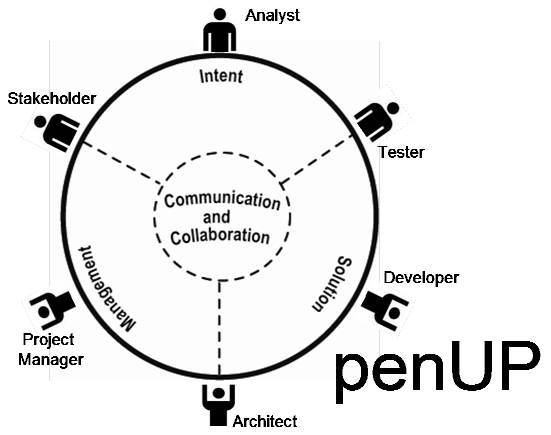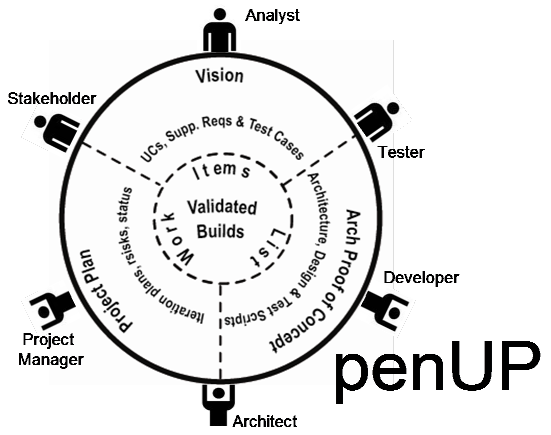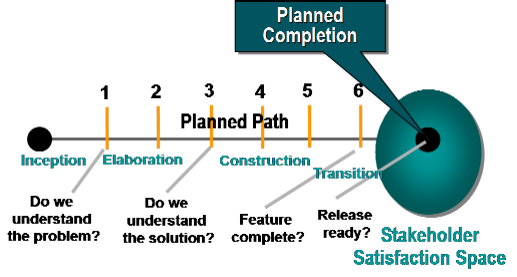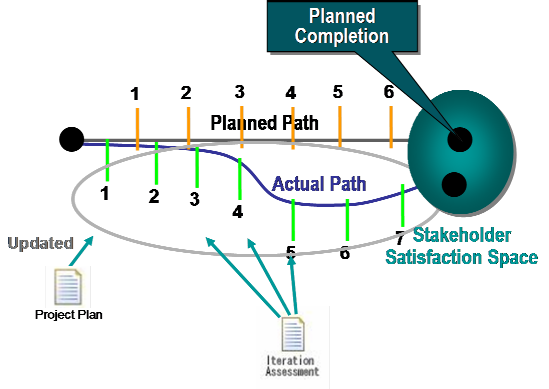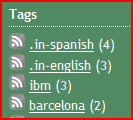 Discos voladores. O frisbees. El ultimate es un deporte de equipo que recoge elementos del fútbol, del baloncesto y del rugby, sustituyendo el balón por un frisbee y el árbitro por el espíritu deportivo de cada jugador.
Discos voladores. O frisbees. El ultimate es un deporte de equipo que recoge elementos del fútbol, del baloncesto y del rugby, sustituyendo el balón por un frisbee y el árbitro por el espíritu deportivo de cada jugador.
Primero lo primero. De http://ultimatefrisbee.meetup.com/...
I´d like to invite everyone interested in the barcelona ultimate meetup group to join our team, patatas bravas, for pick-up every saturday at 3pm.
Este sábado, espero poder ir, no molestar mucho con mi incompetencia y pasarlo tan bien como estas fotos dan a entender:
http://www.flickr.com/groups/ultimate/pool/ Y espero que sea el primero de muchos sábados.
¡Sin árbitro! La primera vez que supe del ultimate fue en un blog de la intranet de ibm:
What is uniquely interesting about this sport is that there are no referees. And I kind of suspect that not having referees actually elevate everyone to become more honest and have more integrity. Even at the tightest moment of an important game, even with their team's victory on the balance, players will still routinely call fouls--on themselves. Their sense of fair play and the spirit of the game are more important than gaining an unfair advantage over their opponents.
O sea, espera de las personas un comportamiento decente y obtendrás un comportamiento decente. Como tiendo a ir con un lirio en la mano, me gustó la idea, aunque tampoco añadí jugar a ultimate como una de mis 43
cosas pendientes.
Y lo vi. Y un día tropecé en la página de los
Patatas Bravas y las Crema Catalana. Y fui a ver algunos partidos de su torneo internacional,
el Porró Open. Y me compré un frisbee, que va siempre en la maleta de mi portátil por si enredo a alguien.
¿Y los bolos? ¿Y el capital social? Tropecé con los Patatas Bravas navegando por
Meetup.com (en Wikipedia). Uno de los libros que inspiraron la creación de Meetup.com es
Bowling Alone, de
Robert D. Putnam, que no he leído, y que mantiene que nuestro
capital social ha empequeñecido desde 1960: cada vez conocemos y nos relacionamos con menos gente y tenemos menos disposición a hacer algo por aquellos que forman nuestra red social.
Cuando
Vinnie Lauria trabajaba en IBM, escribía a menudo sobre meetup.com, y organizó más de un encuentro cara a cara entre gente de IBM en Nueva York. Ahora ha cambiado de costa, y organiza el
SiliconValley NewTech Meetup Group, con más de 700 miembros. En Barcelona, cuando escribo esto,
hay una única persona interesada en un meetup equivalente.
No pinta como que meetup.com vaya a tener éxito en Barcelona y que me vaya a resultar útil profesionalmente, lo que resulta una pena. Pero, al menos, me ha hecho comprame un frisbee con el que a veces jugamos cuando el cerebro se nos para durante el trabajo.
(Foto de Benjamin Frank,
Benjamoon en flickr)


